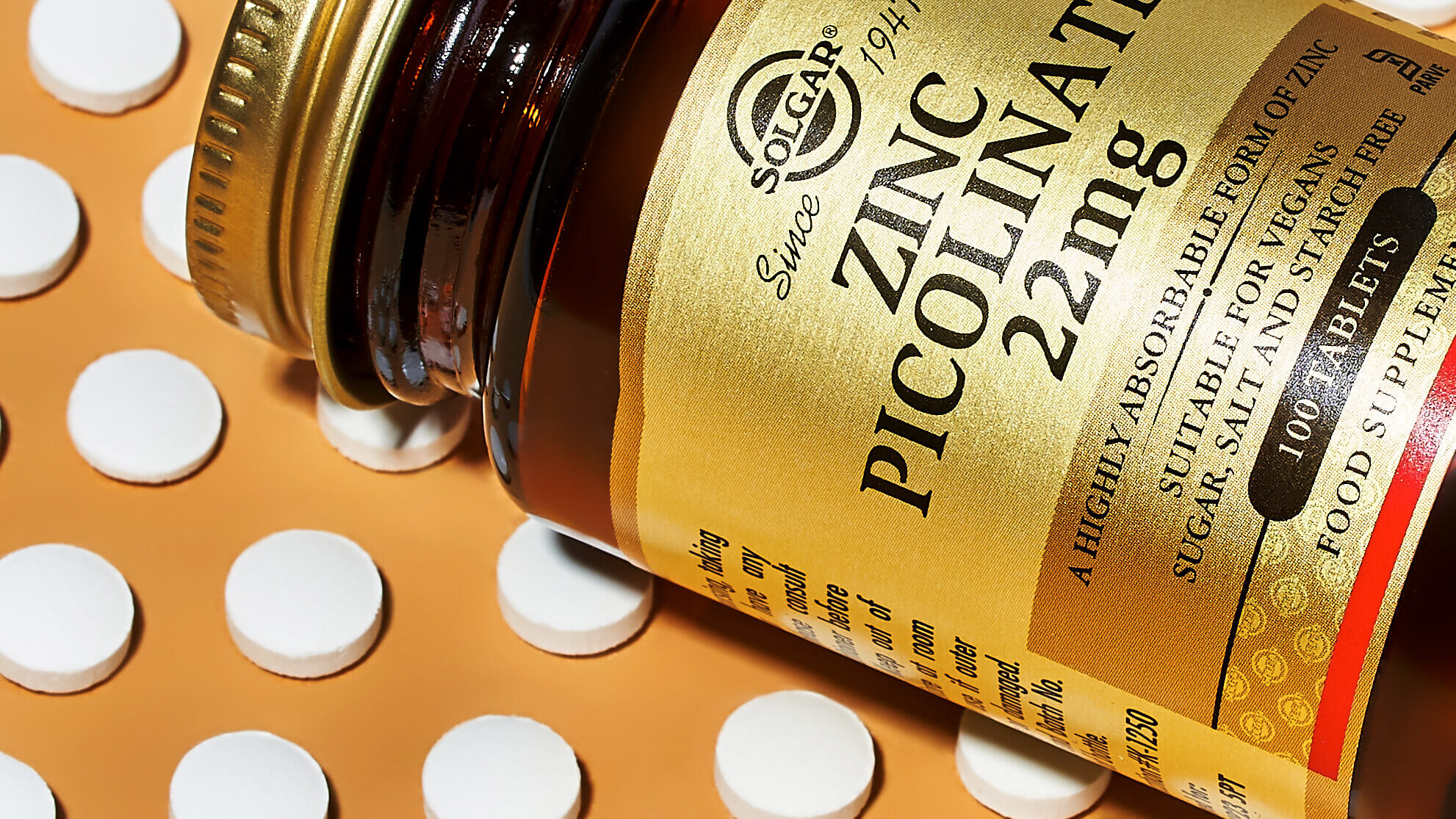Benefits of Taking Zinc
Zinc is an essential mineral that plays a vital role in numerous physiological processes within the human body. In this article, we will delve into the various benefits of taking zinc and explore its importance for overall health and well-being.
Zinc and Immune System
Zinc is renowned for its immune-boosting properties. It plays a crucial role in the development and function of immune cells, helping the body fight off infections and diseases. Adequate zinc levels can enhance the production of antibodies, which are essential for a robust immune response. Additionally, zinc promotes the activity of natural killer cells, which are responsible for identifying and destroying harmful pathogens.
Zinc and Cognitive Function
Research suggests that zinc is also beneficial for cognitive function. It is involved in the regulation of neurotransmitters, which are crucial for proper brain function. Zinc deficiency has been linked to cognitive impairments, such as memory loss and difficulty concentrating. By ensuring optimal zinc intake, individuals may support their cognitive abilities and maintain mental clarity.
Zinc and Skin Health
Zinc plays a significant role in maintaining healthy skin. It is involved in collagen synthesis, a process that promotes skin elasticity and wound healing. Zinc’s anti-inflammatory properties also contribute to reducing skin inflammation and preventing acne breakouts. Furthermore, zinc supports the production of oil-regulating hormones, helping to control excessive oil production and preventing clogged pores.
Zinc and Growth and Development
Zinc is crucial for proper growth and development, particularly during childhood and adolescence. It is involved in DNA synthesis, cell division, and protein synthesis, all of which are essential for growth. Adequate zinc levels are necessary for optimal growth, bone development, and the maturation of sexual organs. It is particularly important for pregnant women, as zinc supports the healthy development of the fetus.
Zinc and Eye Health
Zinc is a vital nutrient for maintaining good eye health. It is found in high concentrations in the retina and plays a role in the production of melanin, a pigment that protects the eyes from harmful ultraviolet (UV) radiation. Zinc also helps transport vitamin A from the liver to the retina, supporting optimal vision and reducing the risk of age-related macular degeneration.
Zinc and Hormone Regulation
Zinc is involved in the regulation of various hormones within the body. It supports the production and regulation of insulin, which is essential for maintaining stable blood sugar levels. Zinc also plays a role in the production of testosterone, a hormone crucial for reproductive health and muscle growth. By ensuring adequate zinc intake, individuals may support optimal hormone balance.
Zinc and Digestive Health
Zinc plays a crucial role in maintaining a healthy digestive system. It supports the production of stomach acid, which is necessary for proper digestion and nutrient absorption. Zinc also helps to maintain the integrity of the gut lining, preventing leaky gut syndrome and reducing the risk of digestive disorders. Adequate zinc levels may contribute to improved digestion and overall gut health.
Zinc and Wound Healing
Zinc is essential for wound healing and tissue repair. It promotes the production of collagen, a protein that forms the structure of connective tissues. Zinc also supports the immune response at the site of injury, helping to fight off potential infections. By ensuring sufficient zinc intake, individuals can support the body’s natural healing processes and enhance wound recovery.
Zinc-Rich Foods
Various food sources provide significant amounts of zinc. Some examples include:
Oysters
Beef
Chicken
Legumes
Nuts and seeds
Dairy products
Whole grains

Zinc is a crucial mineral that offers numerous benefits for overall health and well-being. From supporting the immune system to promoting cognitive function and skin health, zinc plays a vital role in various physiological processes. By incorporating zinc-rich foods into your diet or considering zinc supplements under professional guidance, you can optimize your zinc intake and enjoy the potential benefits it offers.
Frequently Asked Questions
1. What are the benefits of taking zinc?
Zinc supplementation can boost the immune system, promote wound healing, support healthy growth and development, improve cognitive function, and enhance reproductive health.
2. How does zinc boost the immune system?
Zinc helps in the production of immune cells, aids in their function, and supports the body’s defense against infections and illnesses.
3. Can zinc help with wound healing?
Yes, zinc plays a crucial role in tissue repair and wound healing by promoting cell growth and collagen synthesis.
4. Does zinc improve cognitive function?
Research suggests that zinc is essential for proper brain function and may contribute to improved memory, attention, and learning abilities.
5. How does zinc support healthy growth and development?
Zinc is necessary for DNA synthesis, protein production, and cell division, which are all crucial for proper growth and development in children and teenagers.
6. Can zinc enhance reproductive health?
Yes, zinc is involved in hormone production, sperm maturation, and egg fertilization, making it important for both male and female reproductive health.
7. Does zinc have any antioxidant properties?
Yes, zinc acts as an antioxidant and helps protect the body against oxidative stress and damage caused by free radicals.
8. Can zinc help with acne or skin problems?
Zinc has anti-inflammatory properties and regulates oil production, making it beneficial for managing acne and certain skin conditions.
9. How much zinc should I take daily?
The recommended daily intake of zinc varies depending on age, sex, and specific health conditions. It is generally recommended to consume between 8-11 mg of zinc per day for adults.
10. Are there any side effects of taking zinc supplements?
While zinc supplements are generally safe for most people, high doses can cause nausea, vomiting, and diarrhea, and interfere with the absorption of other minerals.




